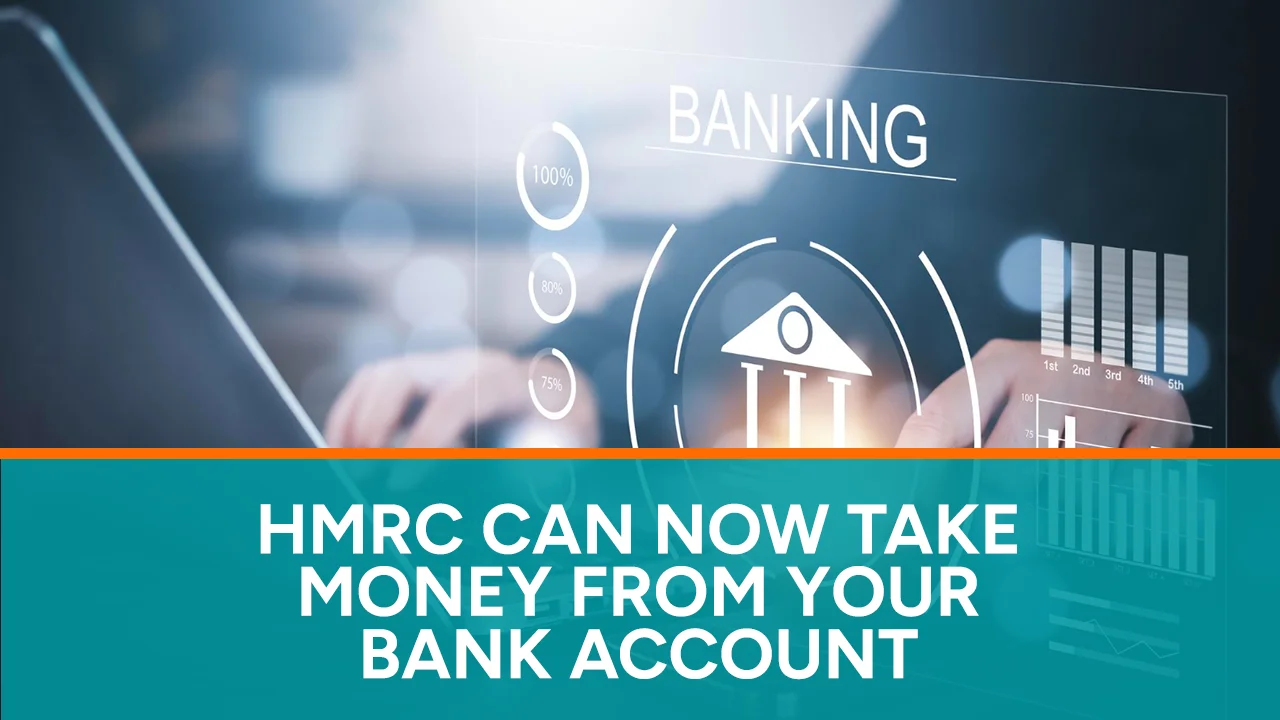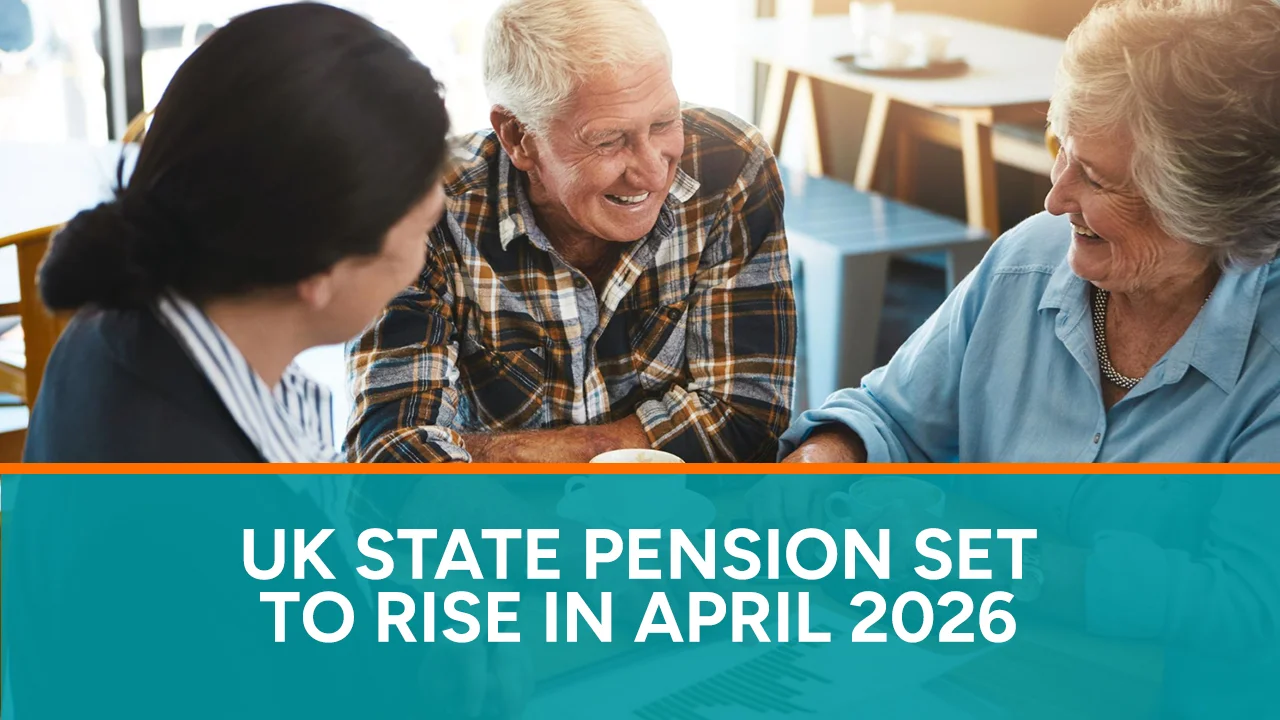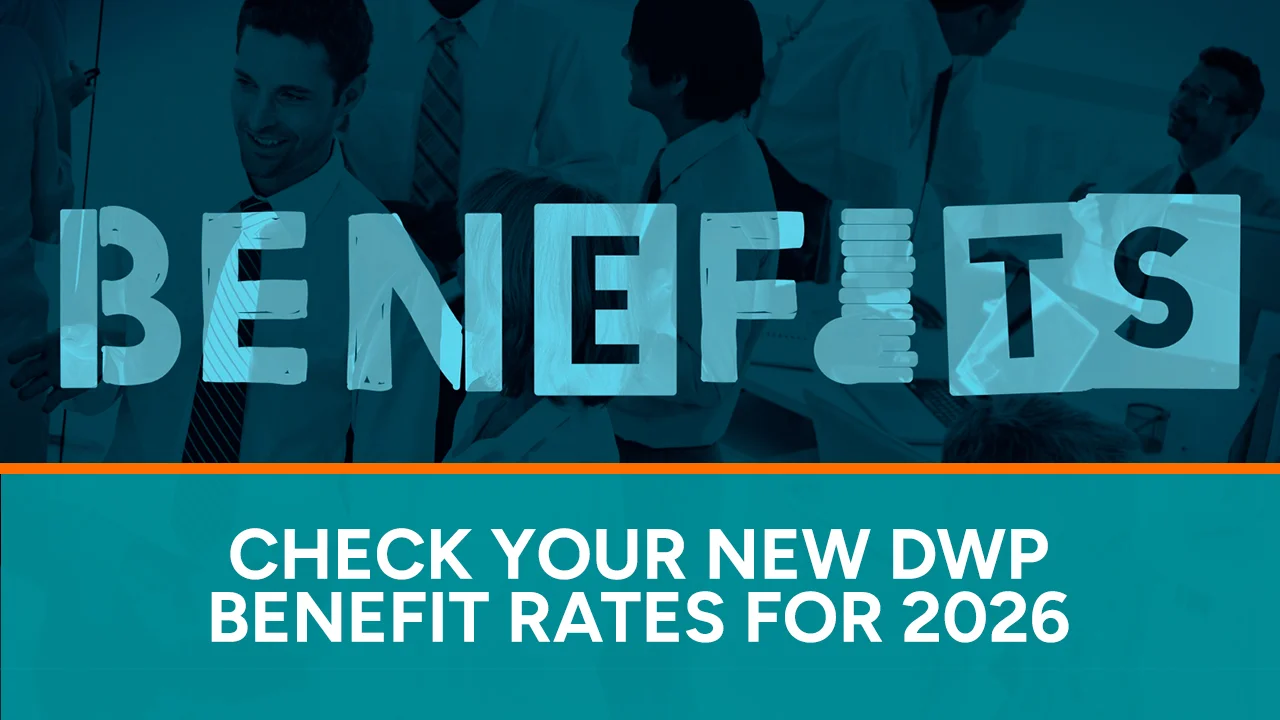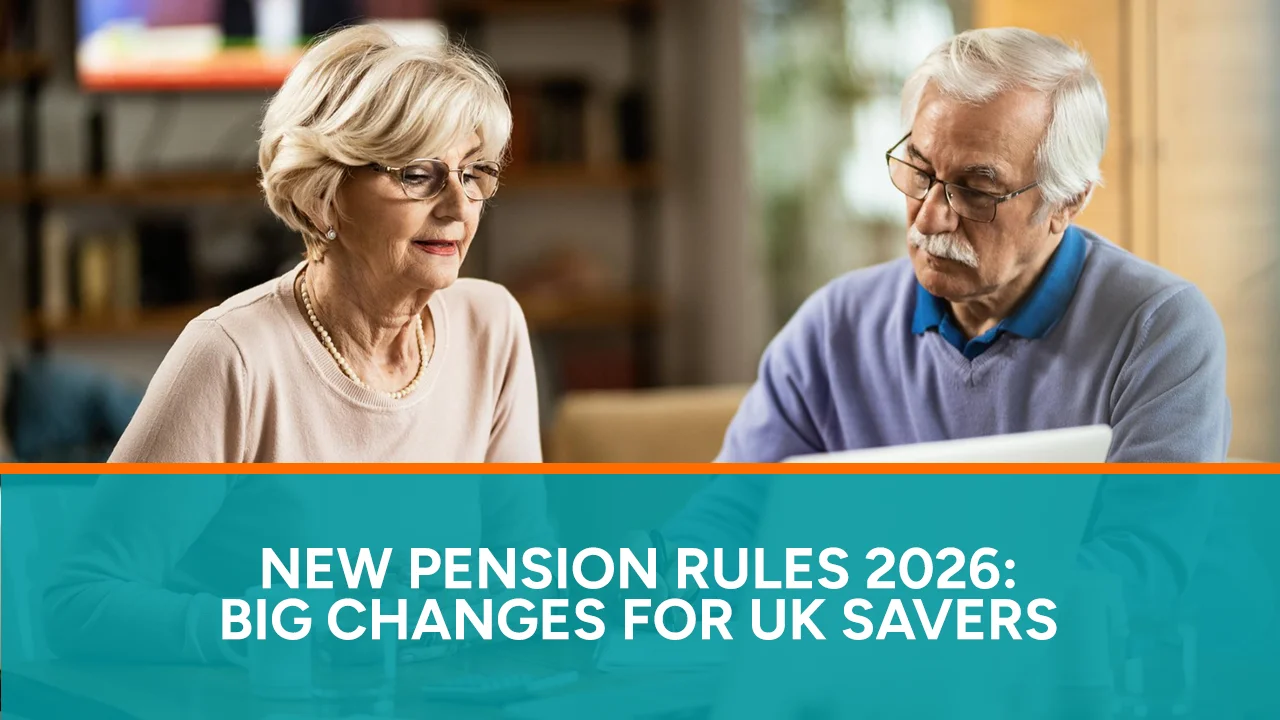If you have over £5,000 in your bank account and owe taxes, HMRC may now be able to take money directly from your account. The government has restarted HMRC’s access to bank accounts in 2025 through a program called Direct Recovery of Debts (DRD). This program was paused during the pandemic but is back as part of HMRC’s strategy for tax recovery in 2025.
Many people in the UK are concerned. Can HMRC take money without warning? What are the rules? What if I’m self-employed and still recovering from COVID losses?
The return of HMRC’s DRD powers in 2025 affects anyone with unpaid taxes. If you have more than £5,000 in your bank or savings account, HMRC might take money directly to pay off debts. Whether you’re self-employed, running a small business, or just saving money, it’s important to know how these rules work, what protections exist, and how to keep your finances safe from unexpected deductions.
What Is HMRC DRD and Why Should You Care?
The DRD scheme lets HMRC take money from personal and savings accounts, including ISAs, if a taxpayer owes more than £1,000 in taxes. HMRC can work directly with banks to collect this money without going through the courts.
This initiative is part of HMRC’s efforts after COVID-19 to better collect overdue taxes. It serves as a reminder for people to manage their tax responsibilities. While the scheme aims to catch tax evaders, those who accidentally miss payments might also be impacted.
However, don’t worry; there are checks and “safeguards” in place to protect people from financial hardship due to this policy. Knowing your rights and acting quickly is important to stay safe under this scheme.
Understanding the £5,000 Buffer Rule
One key safeguard from HMRC is the £5,000 minimum balance rule. HMRC will not take any money if your total funds fall below this amount after recovery. This rule helps protect your essential financial needs.
The £5,000 rule is meant to cover necessary expenses like rent, mortgages, wages, groceries, and utility bills. So, if you have £6,000, HMRC can only access £1,000 after following all the required steps.
This rule promotes fairness, but you should still be proactive. Regularly check your accounts and keep clear tax records. If you have questions about your tax situation, consult a professional before it becomes a bigger issue.
The DRD Process: Step-by-Step Guide
Here’s what usually happens:
- HMRC finds a debt of over £1,000 in its records.
- You get several reminders through letters and calls to pay the debt.
- A face-to-face meeting is set up to discuss the debt and repayment options.
- HMRC checks with banks to see if you have enough money to cover the debt.
- If your bank balances are over £5,000, HMRC can ask for a deduction.
You have 30 days to appeal before any money is taken.
This process aims to be fair and clear, but not responding can lead to serious issues. While it may feel intrusive, HMRC typically takes money directly from your account only after long periods of no response.
Can HMRC Take Money Without Court Approval?
Yes, but there’s a catch. The Direct Recovery of Debts (DRD) by HMRC skips court procedures only after several attempts to contact the debtor, and when the debt is confirmed and not disputed. This speeds up the process for HMRC but can confuse taxpayers who may not know their rights.
Unlike other debt recovery methods, DRD uses administrative power instead of going through the courts. This helps HMRC get money faster, but it puts more responsibility on individuals to act carefully. If you believe you are being treated unfairly, it’s important to appeal or get professional help.
HMRC’s powers have increased since COVID-19 in 2025 to help recover money quickly, especially as the country tries to recover from pandemic spending. However, critics say these powers need to be balanced with fairness and transparency to avoid causing unnecessary hardship.
What If You’re Self-Employed and Owe Tax?
At Clarkwell & Co., many of our clients are freelancers, small business owners, or gig workers. If you are self-employed, you may face higher risks because your income and expenses can often change, and you might not think about taxes regularly.
Self-employed tax debts often go unnoticed for a long time. You may not realise how much you owe until you receive a letter or a visit from tax authorities. Unpaid VAT, income tax, or late self-assessment can lead to unexpected bills. That’s why we recommend using our Tax Investigation Specialists to review your records and protect your rights.
Self-employed individuals often have less organised payroll systems, making it easier for tax issues to arise. If you’ve just started a business or your income has decreased, you may still owe taxes that you can’t pay right now. In these situations, getting professional help is essential.
How to Protect Your Finances From DRD
Here are some simple steps you can follow:
- Reply quickly to any letters or calls from HMRC to prevent problems.
- Check your bank balances often and keep clear financial records.
- Keep at least £5,000 in separate accounts for essential use, away from business funds.
- Talk to a tax advisor right away if you learn about any unpaid taxes.
- Use HMRC’s Time to Pay scheme if you have trouble paying your debt.
- Ask for copies of all communications to keep a record.
Don’t let a surprise HMRC bank account seizure stress you out. You can avoid issues if you act early. Being proactive and informed will help protect you from unexpected deductions.
What If You’re Deemed Vulnerable?
HMRC says it will provide extra help for vulnerable taxpayers. If you are facing hardship, illness, loss, mental health issues, or major life changes, you might be exempt from DRD action.
However, you need to tell HMRC in writing or through your agent. Our HMRC Tax Investigation Service can help you gather the necessary documents and make your case for exemption from DRD enforcement. HMRC usually flags vulnerable individuals for extra support, but you have to reach out first.
Also, voluntary organisations and professional groups are working with HMRC to improve how they handle these situations. If you’re concerned about being seen as vulnerable, seek professional advice.
Frequently Asked Questions (FAQs)
Q: Can HMRC access my savings or ISA?
Yes, if you owe more than £1,000 and have over £5,000 in your accounts, they can access your savings and ISAs.
Q: What if the money is in a joint account?
HMRC usually only targets your share unless your partner also owes tax.
Q: Can I appeal?
Yes, you have 30 days to appeal any decision after being notified, either on your own or with help.
Q: Will I get a warning before they take my money?
Yes, HMRC must send several notices and try to contact you before taking action.
Q: How can I get help quickly?
Reach out to a trusted firm like Clarkwell & Co. Chartered Certified Accountants for quick advice and support in London and across the UK.
Q: Is DRD used often?
It’s used selectively, mainly when HMRC thinks someone can pay but chooses not to.
Q: Will DRD affect my credit rating?
Not directly, but unpaid tax debts and enforcement actions can harm your financial reputation and borrowing ability.
Don’t Wait for HMRC to Act
HMRC tax debt recovery efforts are back in full swing, so it’s important to take action now. Whether you’re working for someone else, self-employed, or running a small business, you need to manage your finances and stay ahead of enforcement.
At Clarkwell & Co., we can help with appeals, reviews, tax planning, and finding manageable repayment options. We specialise in tax investigations throughout London and the UK, and we know that dealing with HMRC debt can be stressful.
We will explore all options with you before any debt recovery begins. This includes negotiating repayment plans and applying for hardship exemptions. Our goal is to give you peace of mind and keep you in control.
Don’t wait for the letter to arrive. Protect your bank balance and accounts by consulting with our experts today.







